“Thou Hast Testified of Me”
Acts 21–28
LDS manual: here
Purpose
To encourage skepticism about persecution
Reading
This lesson rounds out the book of Acts, including all the persecution Paul went through. It seems that he was always being thrown into prisons, people trying to kill him — and then, instead of actually killing him or letting him rot in jail, they put him in front of big crowds and let him preach! Does that make any sense? The whole thing seems rather plot-driven to me.
The LDS Gospel Doctrine manual doesn’t do much to make this interesting, except by exhorting members to stay strong in the face of persecution. In our day, “persecution” means getting married while gay.
And this reminds me of the persecution narrative in the LDS Church. Why was Joseph Smith thrown in jail and handed from state to state? In my church days, this was put down to irrational prejudice combined with Satanic agency. But after leaving the church, I was able to entertain the thought that, no, he was bedding women, starting phony banks that failed, and destroying printing presses.
But let’s get back to Paul. Was all that persecution for real? Let’s take a look.
Main ideas for this lesson
Persecution of Christians?
Well, let’s start with the obvious: There’s no evidence that any Christians were ever thrown to any lions.
There are zero authentic accounts of Christian martyrdom in the Colosseum until over a century after Christianity became the official religion of the Roman Empire. In fact, not a single legitimate record exists of the Romans executing any Christians in the Colosseum. Zip. Zilch. Nada.
But it’s possible that there was some undocumented lion-on-Christian action somewhere along the line. Uncle Cecil of the Straight Dope says:
Fact is, while the Romans evidently fed Christians to animals, and people to lions, we have no source stating directly that they specifically fed Christians to lions. So theoretically it’s possible the whole Christians-lions thing was a Christian ploy for sympathy.
But probably not. The Romans did a big business in mass slaughter by and of animals, showing great enterprise in arranging dramatic forms of killing, so if they didn’t throw any Christians to the lions, it was likely an oversight.
The site badnewsaboutchristianity.com states that…
Religious persecution was virtually unknown in the ancient world. The Romans especially were universally tolerant. Their principal reactions to the religions of others were interest and occasional amusement. Their toleration did not extend to cults that acted merely as a cover for sedition or criminality, but all genuine faiths were respected and protected. As far as we know, no one in the classical world hit upon the idea of exterminating others because of the god they chose to worship.
It also mentions the crimes that Christians were guilty of, including arson, treason, and sedition. They may have done some persecuting themselves. Oh, dear. Seems that people who are convinced that they have the truth from God aren’t good at playing nicely with others.
If we were going just by the book of Acts, we’d think the Christians were pretty darn unpopular. Here are some people talking to Paul.
Acts 28:21 And they said unto him, We neither received letters out of Judaea concerning thee, neither any of the brethren that came shewed or spake any harm of thee.
28:22 But we desire to hear of thee what thou thinkest: for as concerning this sect, we know that every where it is spoken against.
Why would Christianity be “spoken against” everywhere? Paul answers that one for us. Every time he gets the chance to preach, and someone doesn’t believe him, he’s an enormous asshole about it.
Acts 28:23 And when they had appointed him a day, there came many to him into his lodging; to whom he expounded and testified the kingdom of God, persuading them concerning Jesus, both out of the law of Moses, and out of the prophets, from morning till evening.
28:24 And some believed the things which were spoken, and some believed not.
28:25 And when they agreed not among themselves, they departed, after that Paul had spoken one word, Well spake the Holy Ghost by Esaias the prophet unto our fathers,
28:26 Saying, Go unto this people, and say, Hearing ye shall hear, and shall not understand; and seeing ye shall see, and not perceive:
It’s not just their behaviour in debates. Throughout history, Christians have been known for their atrocious relations with people of other faiths, as well as between the various sects of Christianity.
Many religions have had a difficult time tolerating other faiths. This is particularly true with Christianity in western Europe. Two of the worse examples of inter-religious hatred and persecution have been:
- Anti-Semitic teachings and prosecutions over many centuries which directly caused the murder of hundreds of thousands of innocent Jews. They indirectly laid the foundation for the Nazi holocaust and the loss of 6 million Jewish lives.
- A religious genocide conducted during the 15th to 18th centuries. Tens of thousands of innocent people who were believed to be Witches or other heretics, were located, tortured, and burned alive. (After the Reformation, Protestants continued the Witch hunt, but they preferred to hang the innocent victims rather than burn them alive.)
Nowadays, Christians really are the targets of appalling persecution in the Arab world.
For more than a decade, extremists have targeted Christians and other minorities, who often serve as stand-ins for the West. This was especially true in Iraq after the U.S. invasion, which caused hundreds of thousands to flee. ‘‘Since 2003, we’ve lost priests, bishops and more than 60 churches were bombed,’’ Bashar Warda, the Chaldean Catholic archbishop of Erbil, said. With the fall of Saddam Hussein, Christians began to leave Iraq in large numbers, and the population shrank to less than 500,000 today from as many as 1.5 million in 2003.
The real problem is religious tribalism. When you have communities of mutually incompatible belief, conflict is very likely. And if there’s no overarching social control mechanism, conflict easily spirals into violence.
In one of the best essays I’ve ever read about the danger of faith, Greta Christina explains the problem: religion is unmoored from reality.
Religion is ultimately dependent on belief in invisible beings, inaudible voices, intangible entities, undetectable forces, and events and judgments that happen after we die.
It therefore has no reality check.
And it is therefore uniquely armored against criticism, questioning, and self-correction. It is uniquely armored against anything that might stop it from spinning into extreme absurdity, extreme denial of reality… and extreme, grotesque immorality.
…
There’s no reality check saying that their actions are having a terrible effect in the world around them. The world around them is, quite literally, irrelevant. The next world is what matters. And since there’s no way to conclusively demonstrate what will and won’t get you a good place in that world, or whether that world even exists… the sky’s the limit. There’s no way to test the assertion that God wants women to wear burqas and have clitoridectomies… or that God wants us to ban same-sex marriage and teach children dangerous lies about sex. The reality check is absent. The brake lines of morality have been cut.
Why don’t people accept the gospel?
The LDS lesson manual asks:
• What impresses you about Paul’s words to King Agrippa? (See Acts 26:2–27.) How did Agrippa respond to Paul’s words? (See Acts 26:28.) What might have kept Agrippa from becoming a Christian? What attitudes or other problems keep people today from accepting the gospel of Jesus Christ?
Rejecting the gospel is actually quite sensible. Often, being in an ideological bubble is the only thing that can make this kind of nonsense make sense. But people who are in a bubble sometimes look around and wonder: If this system is so obviously true, then why aren’t people accepting it? And they usually hit on the same types of answers.
- People don’t know about it, and we need to tell them. This mistake is what’s behind missionary efforts. Believers — especially Mormons — expend a lot of energy on getting the word out there, apparently unaware that people have already heard it. That’s why they reject it.
- People are wicked. Their coffee and fornication habit — or what have you — is dulling their minds to the truth.
- People are too comfortable. This was a common missionary lament in wealthy areas.
Anything but the facts: Religion is a frankly unbelievable fairy tale. Not believing it is the right answer, and it takes hours of talk and pages of writing to make it look anything like other than it is.
If you’re in a real Gospel Doctrine class, and this topic comes up, what reasons do class members give? I’d love to hear your answers in comments.
Additional lesson ideas
Contradiction
Paul gets a lot of chances to tell his conversion story, and that means embellishment. Notice how much bigger this fish story gets in the telling.
Old version:
Acts 9:3 And as he journeyed, he came near Damascus: and suddenly there shined round about him a light from heaven:
9:4 And he fell to the earth, and heard a voice saying unto him, Saul, Saul, why persecutest thou me?
9:5 And he said, Who art thou, Lord? And the Lord said, I am Jesus whom thou persecutest: it is hard for thee to kick against the pricks.
9:6 And he trembling and astonished said, Lord, what wilt thou have me to do? And the Lord said unto him, Arise, and go into the city, and it shall be told thee what thou must do.
9:7 And the men which journeyed with him stood speechless, hearing a voice, but seeing no man.
Later version:
Acts 22:6 And it came to pass, that, as I made my journey, and was come nigh unto Damascus about noon, suddenly there shone from heaven a great light round about me.
22:7 And I fell unto the ground, and heard a voice saying unto me, Saul, Saul, why persecutest thou me?
22:8 And I answered, Who art thou, Lord? And he said unto me, I am Jesus of Nazareth, whom thou persecutest.
22:9 And they that were with me saw indeed the light, and were afraid; but they heard not the voice of him that spake to me.
22:10 And I said, What shall I do, LORD? And the Lord said unto me, Arise, and go into Damascus; and there it shall be told thee of all things which are appointed for thee to do.
Jesus is remarkably taciturn in these two versions. But his monologue gets a bit of padding in the third version.
Acts 26:13 At midday, O king, I saw in the way a light from heaven, above the brightness of the sun, shining round about me and them which journeyed with me.
26:14 And when we were all fallen to the earth, I heard a voice speaking unto me, and saying in the Hebrew tongue, Saul, Saul, why persecutest thou me? it is hard for thee to kick against the pricks.
26:15 And I said, Who art thou, Lord? And he said, I am Jesus whom thou persecutest.
26:16 But rise, and stand upon thy feet: for I have appeared unto thee for this purpose, to make thee a minister and a witness both of these things which thou hast seen, and of those things in the which I will appear unto thee;
26:17 Delivering thee from the people, and from the Gentiles, unto whom now I send thee,
26:18 To open their eyes, and to turn them from darkness to light, and from the power of Satan unto God, that they may receive forgiveness of sins, and inheritance among them which are sanctified by faith that is in me.
Fish stories (and fishy stories) grow in the retelling.
Kyroot has been expanding their list of problems with Christianity at a rate I can only describe as “alarmingly exponential”, and here’s how they have it:
Originally, Paul is instructed simply to go to Damascus. But in the latter case, God delivers a sermon of sorts and a holy assignment for Paul to fulfill. This is a classic example of how myths are created and tend to grow in significance over time. Even if the Book of Acts is mostly fictional, as believed by many Biblical scholars, it still reveals an instance where the Bible is internally inconsistent. Only one of these accounts at most can be factual.
But did you notice the contradiction? It’s the old “seeing, not hearing / hearing, not seeing” problem.
Acts 9:7 And the men which journeyed with him stood speechless, hearing a voice, but seeing no man.
Acts 22:9 And they that were with me saw indeed the light, and were afraid; but they heard not the voice of him that spake to me.
It always amazes me how little God cared for the job of being an editor. It’s almost as though people are making this stuff up.

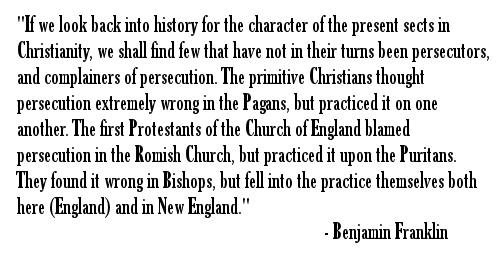
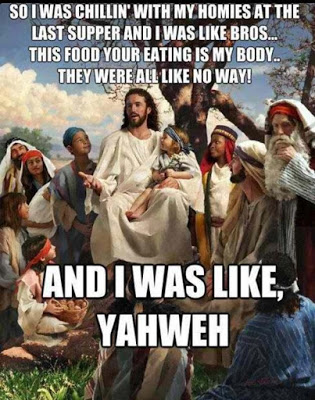
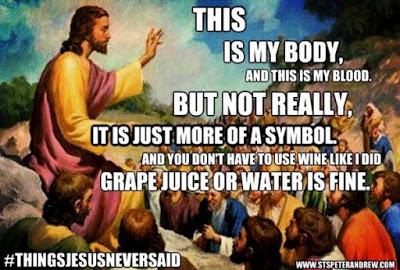

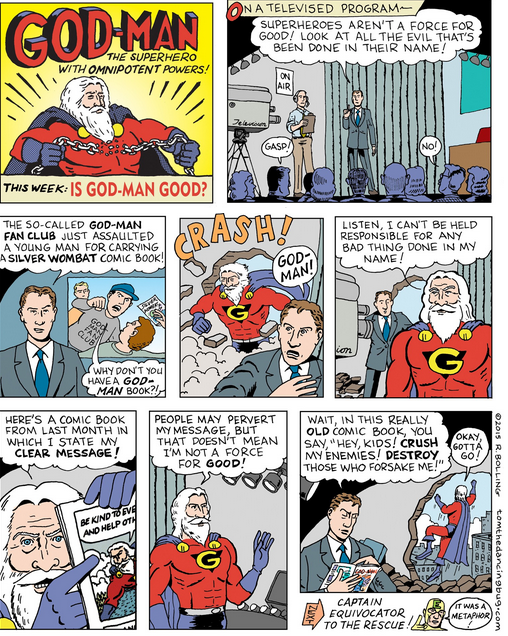


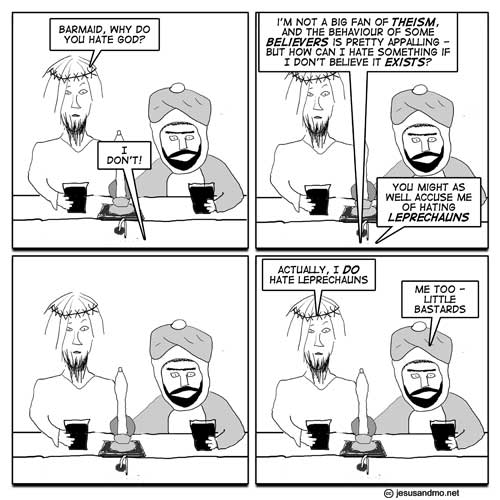



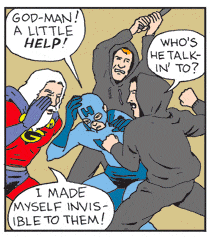
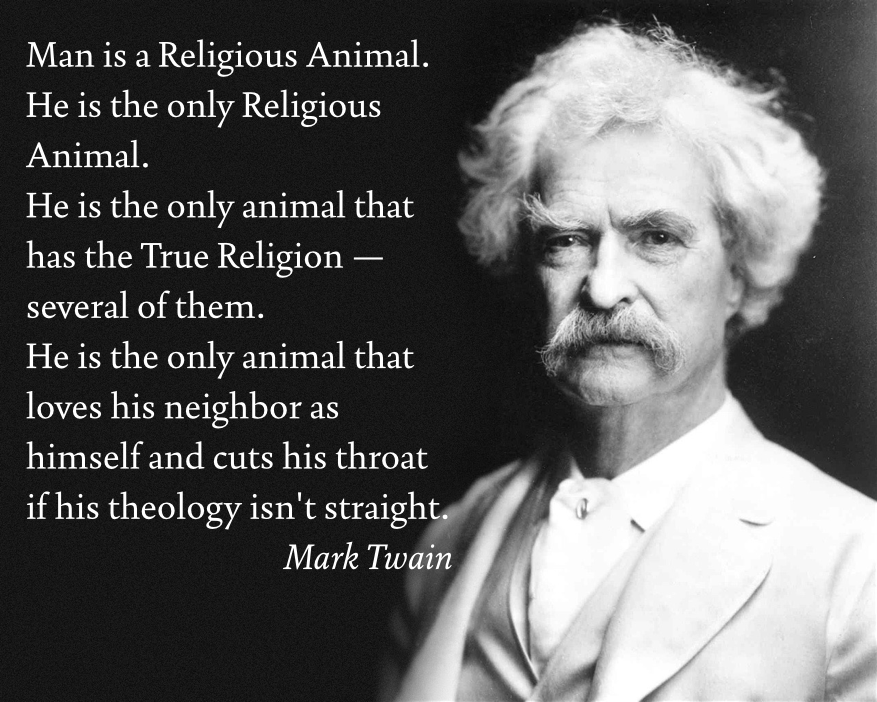
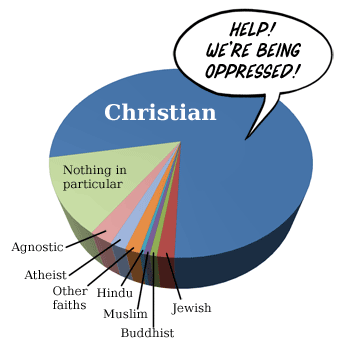



Recent Comments